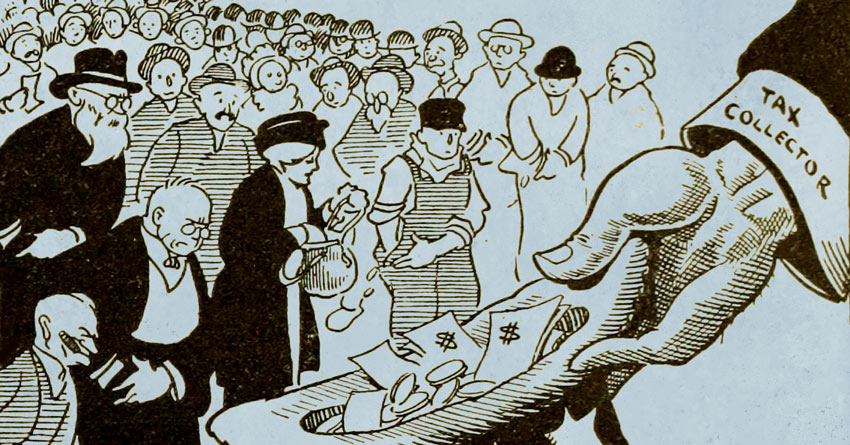As if to finalize the Great Derailment of 2016, disgraced former Congressman Anthony Weiner pleaded guilty in federal court to felony sexting: transferring obscene materials to a 15-year-old girl.
Prosecutors are asking he serve 21 to 27 months in federal prison, register as a sex offender and continue mental health therapy.
Also Friday, Huma Abedin, Weiner’s long-suffering wife, quietly filed an “Anonymous v. Anonymous” petition for divorce.
Though, apparently, not anonymously enough.
Personal train-wreck? Sure. But as I wrote yesterday at Townhall, because it so deeply affected last year’s presidential contest, the wreck is also very public.
Back in 2011, Anthony Weiner made Andrew Breitbart a hero, propelling Breitbart.com into the limelight. Weiner had tweeted a picture of his underwear-clad crotch to a woman . . . who was not his wife. Though quickly deleted from his Twitter account, a screenshot was shared with Breitbart, who ran with the story.
Weiner claimed a hack, challenging Breitbart’s credibility. This spurred Andrew Breitbart to commandeer a news conference called by Weiner — with more evidence to share. Soon, Rep. Weiner admitted his bad behavior and officially resigned his congressional seat.
Fast-forward to 2016, with wife Huma Abedin busy helping Hillary Clinton run for president. Weiner again becomes the subject of a sexting scandal — this time with an underage North Carolina girl. The FBI investigates, seizes Weiner’s laptop and discovers emails on it from Hillary Clinton to his wife, Huma. Then-FBI Director James Comey reopened his investigation of Hillary’s emails just ten days before Election Day.
Upshot? Trump is the 45th U.S. President, with Breitbart.com Editor Steve Bannon as key advisor.
Thanks to Weiner.
This is Common Sense. I’m Paul Jacob.
Photo of “Anthony Weiner cut-out by the port-a-potties” by Katjusa Cisar on Flickr










